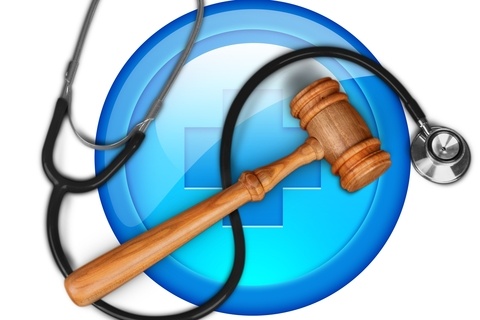 By: Jackie Bain
By: Jackie Bain
When a healthcare provider cares for a patient, many times, the provider will set out directives for the patient to follow in order to live a healthier life. These changes may include changes in lifestyle, eating habits, and obedience in taking medications. A patient’s compliance with these directives instructs the provider on how to care for the patient in the future. A patient who does not follow these directives may suffer health consequences.
Similarly, the government sets out legal regulations for healthcare providers. The government expects healthcare providers to comply with its regulations, and providers who don’t can suffer consequences as a result. The regulations governing health care providers are vast and dynamic. In order to keep abreast of the changes in law, and to evidence an intent to comply with law, healthcare providers should strongly consider instituting compliance programs in their businesses.
Compliance with healthcare laws is important. Any number of consequences can result in the event that a healthcare provider is out of compliance—the most devastating being that the Department of Health and Human Services Office of the Inspector General (“OIG”) has the authority to exclude healthcare providers from participation in Medicare and other federal health care programs. Ignorance of the law does not absolve a healthcare provider of liability.Continue reading
 By: Karina Gonzalez
By: Karina Gonzalez


 By:
By: 